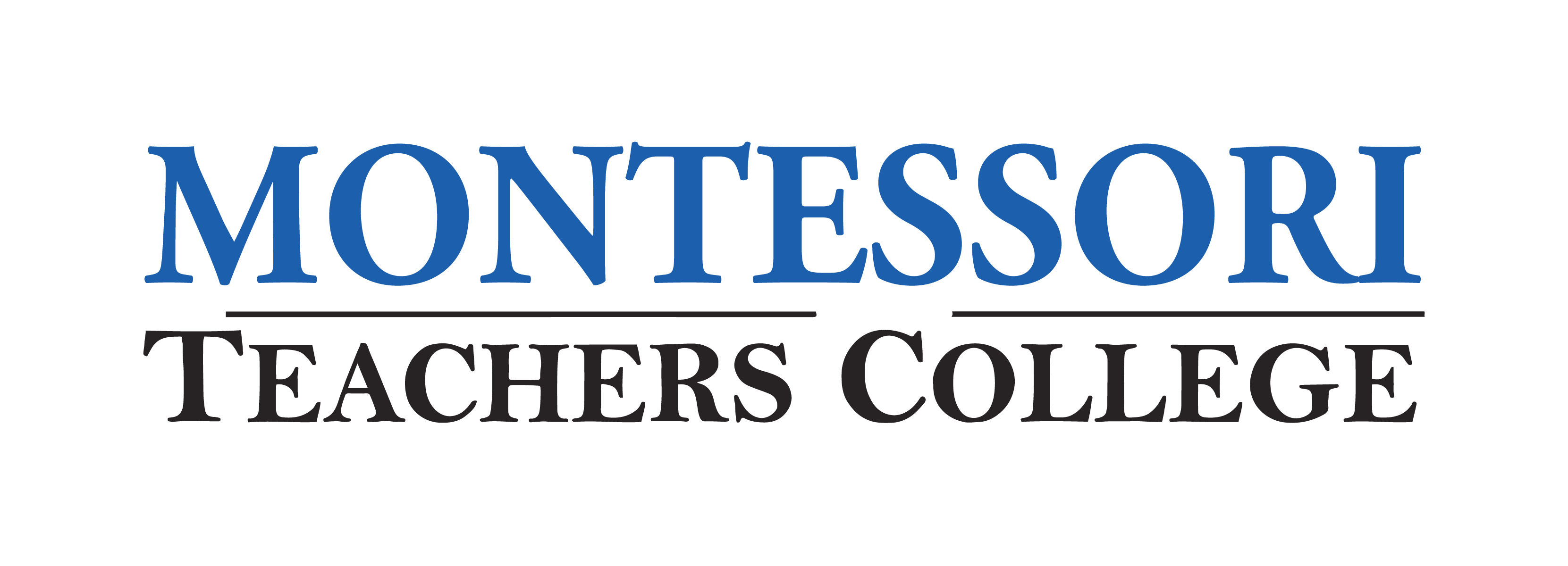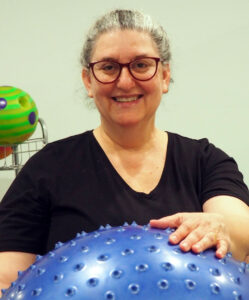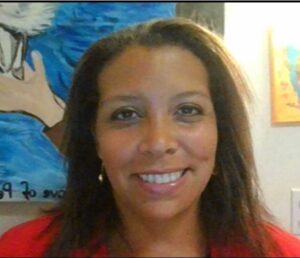Respectful Behaviour: Our course is geared to support collaboration with other professionals in Montessori and medical communities as such MMPI is committed to providing a respectful learning atmosphere. Any discrimination or harassment will not be tolerated.
Accessibility: We will do our best to accommodate your ADA needs; please contact us to let us know how we can make the course more accessible to you, by emailing us at [email protected]
Technical Requirements: To access this course, you must have a device with an internet connection, a webcam for video capability, and audio input/output capabilities. A computer with a mouse and keyboard is highly recommended. For computers, you will need a current browser, the software capability to read documents in MS Word and pdfs, an up-to-date software system (Apple OS X or Microsoft Windows 10), and security software (antivirus protection/firewall).
You must also have access to Google Classroom and the Padlet App. To access Google Classroom, you will need an email address that is not associated with any educational institution or any other course running in Google Classroom.
Copyright: The online materials used in the course are protected by copyright. Only course participants are permitted to have access to the course content (not including other online resources that are also subject to copyright protection). Participants may use the content for learning purposes as long as it complies with the Copyright Act. No work is permitted to be copied or reproduced in any format without the express permission of the copyright owner.
Academic Integrity: The purpose of the course is to learn in collaboration with the other participants. All work that is submitted must be original work (or group/collaborative work within the course). When referring to content that is not your own, ensure that you are citing and referencing the sources. If there are any questions regarding academic integrity, please connect with your instructor.
Information presented in this course is solely for educational purposes. The content of this course is not intended to be a substitute for professional medical or psychiatric advice, but rather to identify the benefits to the child and Montessori Guide of medical-educational collaborative partnerships. Participants retain full responsibility for decision-making regarding implementation of strategies to support inclusion and shall exercise independent professional judgment in the performance of serving the needs of all students under their care.



